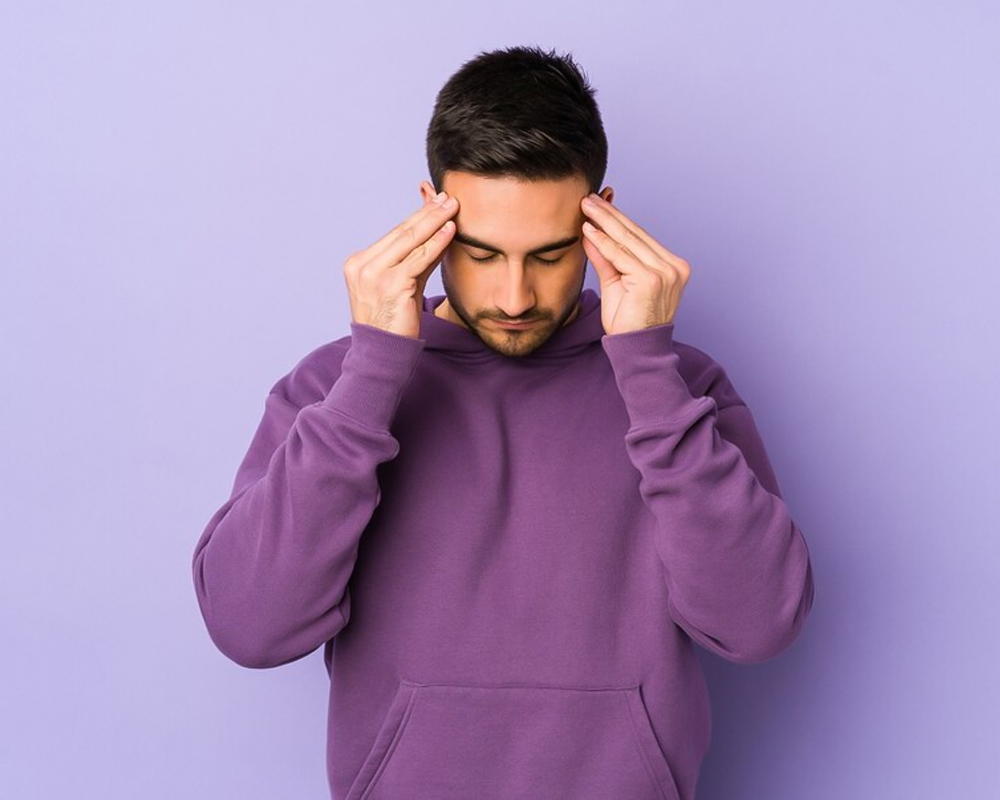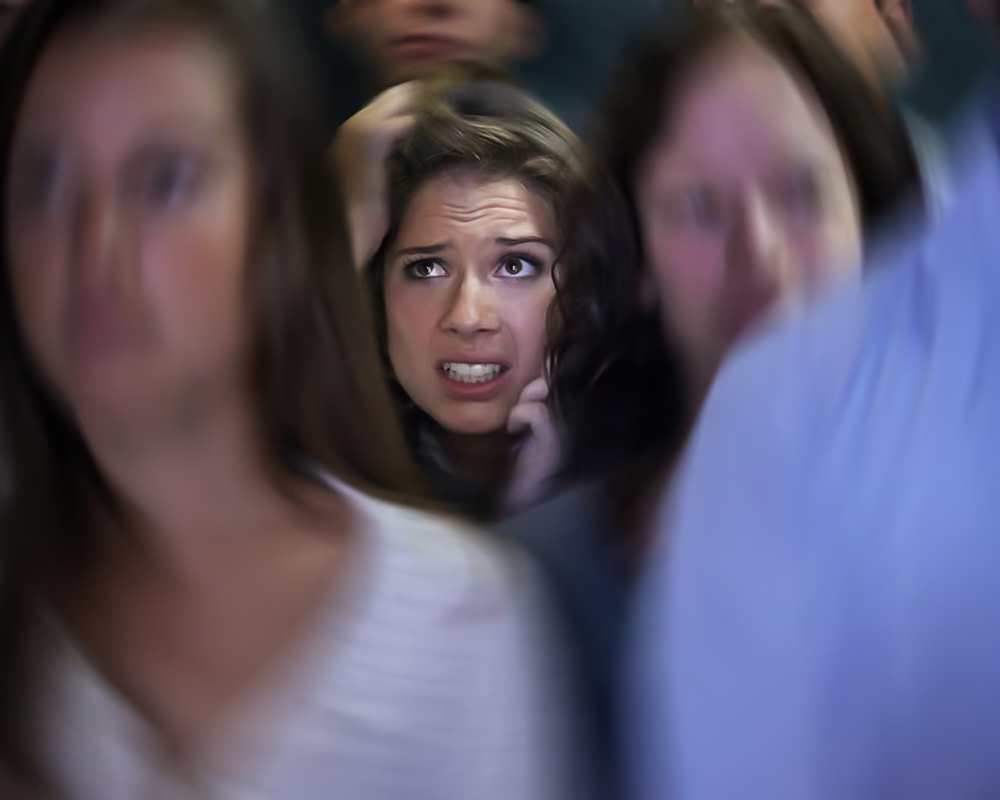Introduction
In narcolepsy vs hypersomnia, the fun fact is that both cause difficulty in staying awake during the day. The narcolepsy and hypersomnia causes are similar as they are characterized by the same hallmark symptom called hypersomnolence.
Narcolepsy and hypersomnia are the main disorders associated with hypersomnolence. While they share similarities, they differ in symptoms, causes, and treatment approaches. Understanding the distinction is essential for proper diagnosis and management, which you will find in this guide.
Narcolepsy vs Hypersomnia-The Difference
You can think of hypersomnia as a more generic term while narcolepsy is a specific term for sudden attacks of deep sleep during daytime. Narcolepsy is a condition while hypersomnia is a symptom of narcolepsy.
Although both conditions share excessive daytime sleepiness, they differ significantly in symptoms, causes, and diagnosis.
Narcolepsy vs Hypersomnia Symptoms
Narcolepsy includes unique symptoms like cataplexy, vivid dreams, and sleep paralysis. Hypersomnia lacks these but features prolonged sleep and grogginess.
Narcolepsy vs Hypersomnia Causes
Narcolepsy arises from a neurological problem, specifically hypocretin deficiency. Hypersomnia causes are more varied. It may range from medical conditions to lifestyle factors.
Narcolepsy vs Hypersomnia Diagnosis
Sleep studies are necessary for both conditions. Narcolepsy patients often show rapid REM onset, while hypersomnia patients show extended sleep without REM abnormalities.
Narcolepsy vs Hypersomnia Daily Life Impacts
Narcolepsy’s sudden sleep attacks and cataplexy can disrupt safety, such as while driving. Hypersomnia impairs productivity due to prolonged fatigue and excessive sleep needs. These distinctions showcase the importance of understanding narcolepsy vs hypersomnia when going for a diagnosis.
Let’s Break the Terms
It is time to understand about narcolepsy and hypersomnia in detail:
Narcolepsy
Narcolepsy is a chronic neurological condition affecting the brain’s ability to regulate sleep-wake cycles. It leads to sudden, uncontrollable episodes of daytime sleepiness. It does not depend on how much sleep or rest you may get at night.
Narcolepsy Symptoms:
Excessive daytime sleepiness (EDS) is a defining feature of narcolepsy. People may unexpectedly nod off while going about their normal lives. Cataplexy, or abrupt muscle weakness brought on by intense emotions like laughing or rage, is another sign. Another common condition is sleep paralysis, which is the brief inability to move when you’re sleeping or waking up. During these periods, a lot of narcoleptics have vivid, dreamlike hallucinations.
Narcolepsy Causes:
Narcolepsy typically results from a loss of hypocretin-producing neurons in the brain. Hypocretin, also known as orexin, regulates wakefulness and REM sleep. Autoimmune responses, genetic predisposition, and environmental factors like infections may contribute to this loss.
Narcolepsy Types:
There are two types of Narcolepsy:
Narcolepsy Type 1:
This type involves cataplexy and low levels of hypocretin.
Narcolepsy Type 2:
This type lacks cataplexy and has normal levels of hypocretin. Therefore, this type is difficult to diagnose.
Hypersomnia
Hypersomnia also causes excessive sleepiness but manifests differently than narcolepsy. It often involves prolonged sleep and difficulty waking up.
Hypersomnia Symptoms :
People with hypersomnia sleep excessively but still feel tired throughout the day. They may sleep 10-12 hours a night and struggle to wake up while experiencing sleep inertia or “sleep drunkenness.” Unlike narcolepsy, hypersomnia does not include cataplexy or hallucinations.
Hypersomnia Causes :
Primary hypersomnia has no clear cause. Secondary hypersomnia arises from underlying conditions such as sleep apnea, depression, or neurological disorders. Certain medications, substance use, or chronic sleep deprivation can also trigger hypersomnia.
Diagnosing Hypersomnia :
Doctors first rule out other sleep disorders, including narcolepsy. Then they go towards diagnosing hypersomnia. Sleep studies and detailed medical histories are necessary. Evaluations focus on excessive sleep duration and persistent fatigue despite adequate rest.
Hypersomnia Associated with a Psychiatric Disorder
Hypersomnia linked to psychiatric disorders falls into two categories:
Mood Disorder-Related Hypersomnia: This occurs in people with conditions like depression, bipolar disorder, or seasonal affective disorder. They may spend long hours in bed, feeling drained despite extended sleep.
Hypersomnia Linked to Conversion or Somatic Symptom Disorders: These disorders involve physical symptoms with no clear medical cause. Here, excessive sleepiness might stem from psychological challenges or undiagnosed physical issues.
What Else Could Be Causing Daytime Sleepiness?
You might confuse daytime sleepiness with other similar conditions. However, this might be the result of other related conditions:
- Disorders affecting the brain or neurological system, such as Parkinson’s disease or brain traumas.
- Disorders that affect mental health, like depression; and conditions that interfere with or reduce the quality of sleep, like sleep apnea
- Drugs that make you drowsy, like benzodiazepines, opiates, and antihistamines
Similarities Between Narcolepsy and Hypersomnia
Despite their differences, narcolepsy and hypersomnia share several overlapping features.
- Both involve excessive daytime sleepiness, often leading to work and social challenges.
- Sleep studies, like polysomnography and MSLT, are necessary for diagnosing both conditions.
- Misdiagnosis is common due to similar symptoms. It may delay effective treatment in both cases.
These similarities often confuse patients when considering narcolepsy vs hypersomnia causes and symptoms. The worst part is that due to the delayed diagnosis and detection, the treatment gets skeptical. This delay in treatment may increase the magnitude of the disease making therapy difficult.
Treatment Approaches
Both narcolepsy and hypersomnia require tailored treatments to improve symptoms and quality of life.
Narcolepsy Treatment
Medications have a main role in managing narcolepsy. Stimulants like modafinil improve wakefulness, while sodium oxybate helps regulate sleep and reduces cataplexy. Antidepressants such as SSRIs control hallucinations and sleep paralysis. Additionally, scheduled naps, consistent sleep routines, and support groups aid symptom management.
Hypersomnia Treatment
Hypersomnia treatment focuses on reducing fatigue and excessive sleepiness. Stimulants and wake-promoting agents like armodafinil are common prescriptions. Addressing underlying conditions, such as treating sleep apnea or adjusting medications, can resolve secondary hypersomnia. Lifestyle changes, including regular exercise and avoiding alcohol, also help.
Understanding the nuances of treatment further clarifies narcolepsy vs hypersomnia causes and management strategies.
When to Seek Medical Help?
Persistent sleepiness that disrupts your life requires medical attention. Notice what your sleep patterns are. If you frequently fall asleep without warning or experience cataplexy, you should consult a doctor immediately. Similarly, if excessive sleep and grogginess interfere with daily tasks, seek professional evaluation. Early diagnosis of narcolepsy vs hypersomnia helps ensure effective treatment and prevents complications.
Conclusion
To conclude, in narcolepsy vs hypersomnia, the conditions are often confused. Although both represent excessive daytime sleepiness, they differ in their core terms and meanings.
Narcolepsy includes unique symptoms like cataplexy and hallucinations, while hypersomnia involves prolonged sleep and grogginess. The causes also differ, with narcolepsy stemming from hypocretin deficiency and hypersomnia often linked to medical conditions or lifestyle factors. Both disorders significantly impact daily life and require proper treatment to manage symptoms.
Additionally, if you want to avail the services of a renowned and trusted mental health and sleep center, you can opt for Eximious. Here, we support individuals to achieve optimal mental health and well-being within a state-of-the-art facility and through a patient-centered approach. We aim to deliver the best mental health services in Texas.




